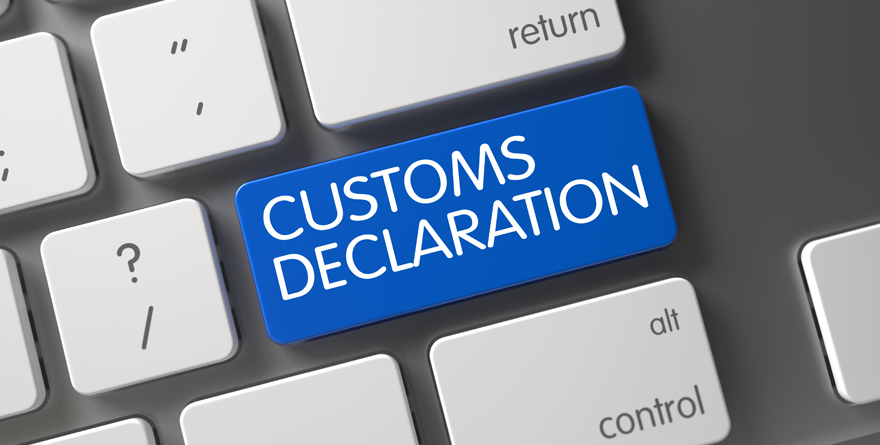What Is a European Customs Declaration?
Having up-to-date information in regard to the import and export of goods from the European Union into the United Kingdom is, at times, paramount to the success of your business. Furthermore, while the UK Government has yet to enforce new post-Brexit checks on imported goods, plans to do so are being quoted as early as October 2021. So what does this mean for your business, and more importantly, how can we help?
WHAT IS A EUROPEAN CUSTOMS DECLARATION?
A customs declaration is an official document that lists and gives details of goods that are being imported or exported.
In legal terms, a customs declaration is the act whereby a person indicates the wish to place goods under a given customs procedure. This legal procedure is described in the Union Customs Code (UCC) (Articles 5 (12) and 158 to 187). You can find more information on this here – https://ec.europa.eu/taxation_customs/business/union-customs-code/ucc-legislation_en
WHY DO I HAVE TO MAKE A CUSTOMS DECLARATION?
In order to comply with the legal obligations and to place goods under a customs procedure, a customs declaration needs to be lodged.
This should happen in two cases:
– upon importation, when goods are brought into the customs territory, they must be assigned to a customs-approved treatment or use (Article 48 CC)
– and goods intended for export – must be placed under the export procedure (Article 269 UCC).
Generally speaking, it is the owner of said goods who should lodge a customs declaration. However, the person who has control of said goods may also perform it. These persons may be either individuals or companies, as well as in certain cases associations of said persons – provided they are establishing in the European Union.
In order to comply with the legal obligations and to place goods under a customs procedure, a customs declaration needs to be lodged.
HOW DO I MAKE A CUSTOMS DECLARATION?
Customs Declarations are made using a range of electronic data-processing techniques.
Until the dates of the upgrading of the National Import Systems referred to in the Annex to Implementing Decision 2014/255/EU, where means other than electronic processing techniques are used for the customs procedures, the customs declarations shall be lodged using the forms provided for in Annex 9, Appendices B1-D1, as appropriate (Article 15 Transitional Delegated Act).
In specific cases, a customs declaration may be lodged using means other than electronic data-processing techniques:
– in writing, on a Single Administrative Document (SAD)
– orally or by means of an act replacing a customs declaration. Travellers are notably entitled to lodge an oral declaration (as far as their personal luggage and means of transport are concerned) as well as private consignees (in respect of certain small consignments).
Certain other acts may constitute a customs declaration (Article 141 UCC DA):
– going through the green or ‘nothing to declare’ channel;
– going through a customs office that does not operate the two-channel system without spontaneously making a customs declaration;
– affixing a ‘nothing to declare’ sticker on the vehicle where this possibility is provided for; or
– entry/exit into/from the customs territory of the Union.
A full how-to guide on how to handle imports from the European Union can be found on the UK Government website here – https://www.gov.uk/check-customs-declaration
NEED HELP?
Does all of the above sound a little confusing? Not quite sure where to start? Thankfully, Uneek Group has you covered. At Uneek Group we have unprecedented experience in both importing and exporting to the EU and are here to help you with all the documentation you will need.
If you have any questions about this blog or you would like information about how Uneek Group can help your business with your EU Customs Declarations please get in touch.
[email protected] / +44 (0) 20 8984 0425
Uneek Forwarding is part of the Uneek Group Ltd

